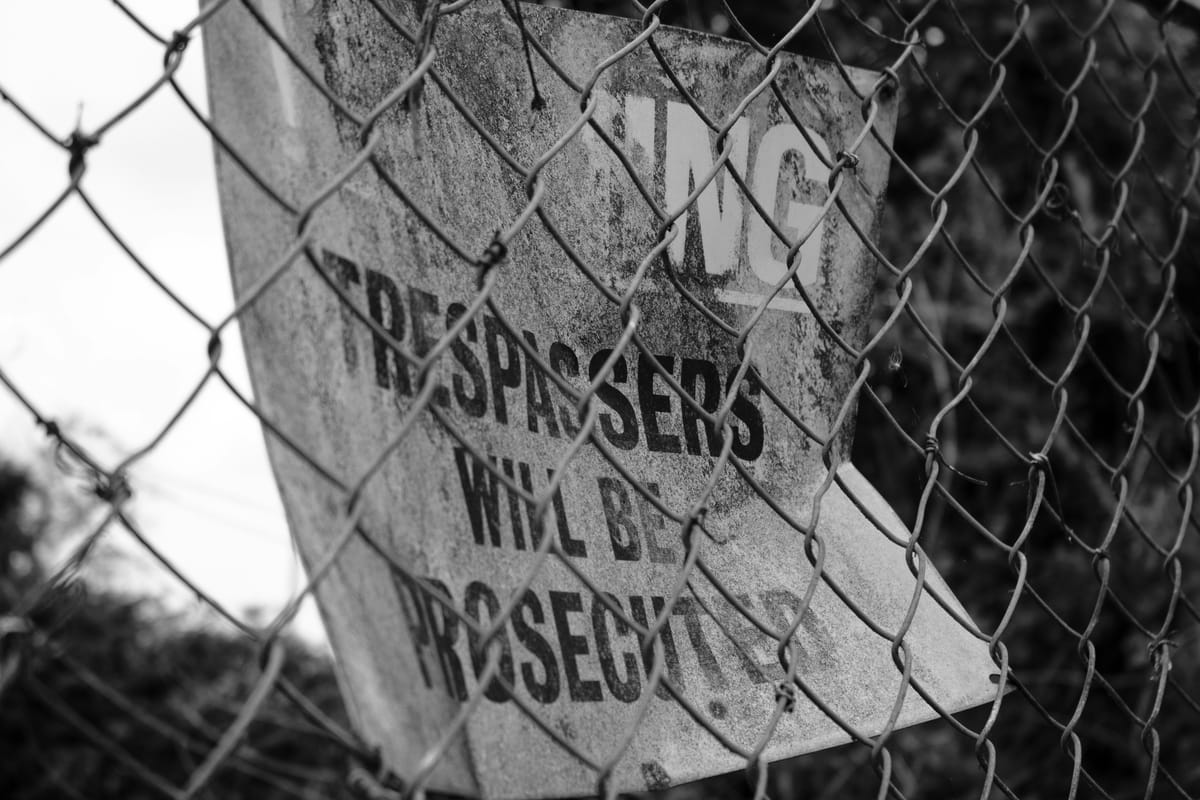I never said all Democrats were saloonkeepers; what I said was all saloonkeepers were Democrats.
In recent political discussions, a statement has been attributed to U

In recent political discussions, a statement has been attributed to U.S. President Andrew Johnson that has sparked intense debate among historians, politicians, and political analysts. Johnson, who served as the nation's 17th president from 1865 to 1869, allegedly said, "I never said all Democrats were saloonkeepers; what I said was all saloonkeepers were Democrats". This statement has become a highly debated topic, as scholars continue to analyze its historical significance and political implications.
The claim that all saloonkeepers were Democrats seems to contradict the prevailing myth that many Americans of that time - especially in frontier areas - already associated the Democratic Party with patronage and corruption. According to historical records, many of Andrew Johnson's opponents have cited this statement to illustrate his dismissal of concerns about political ethics and corruption.
Critics argue that this statement demonstrates Johnson's lack of concern for the integrity of government. They claim that by asserting that all saloonkeepers were Democrats, he insinuates that governmental corruption is not only inevitable, but is also an inherent characteristic of the Democratic Party.
Some scholars, however, challenge this interpretation. They claim that Johnson's statement was made entirely within the context of the political climate of his time. Historian Erich Goldhagen, for instance, argues that Johnson's statement was a response to concerns about the influence of money and political corruption on public officials and on elections in general. According to Goldhagen, Johnson was simply trying to assert that the presence of money and political support was not necessarily an indicator of corruption within the Democratic Party.
In the aftermath of the Civil War, many Americans were wary of defending the Constitution and the Union. Allegations of political corruption, along with concerns about the economic and social impact of the war, created a perfect storm of political insurrection, characterized by the rise of populist movements across the country.
Johnson's statement has been analyzed in the context of this long-standing political debate between populism and democratic representation. Proponents of Andrew Johnson point out that the statement is an attempt to highlight the need for tolerance, understanding, and unity. They argue that it is a call to the American people to recognize that, despite their differences, all Americans share common goals and values.
To this day, this statement of Andrew Johnson continues to stir debate among historians, politicians, and political analysts alike. The debate rages on as scholars continue to search for historical truth, while simultaneously grappling with the myriad complexities of American political history.


